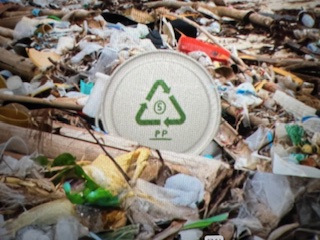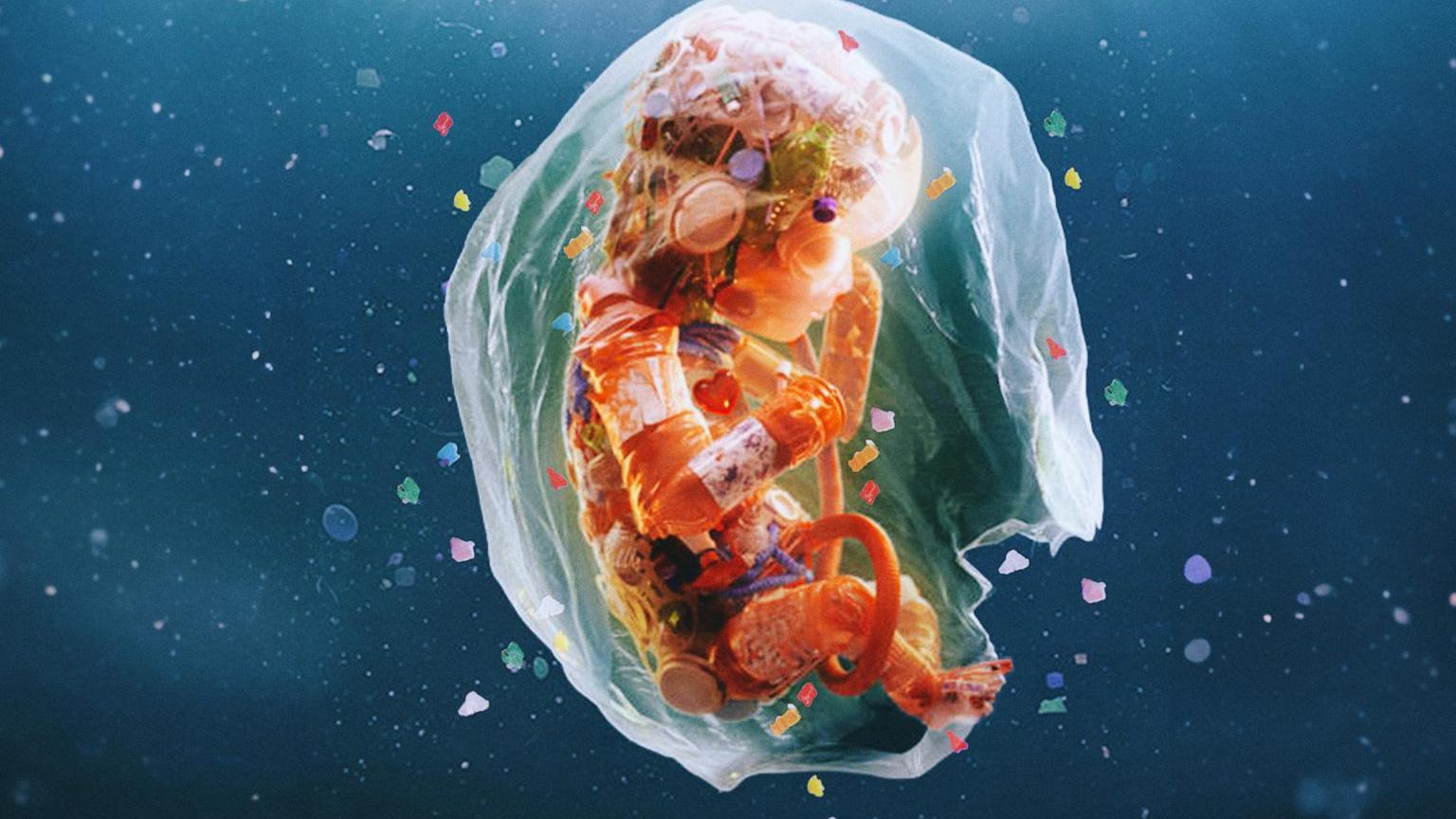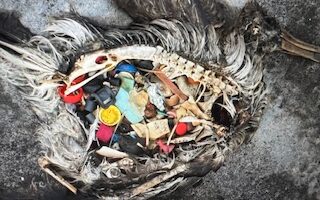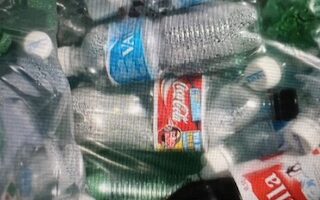The Canadian documentary “Plastic People,” directed by Ben Addelman and Ziya Tong, had its World Premiere at SXSW on Saturday, March 9th, 2024. It is an absolutely terrifying piece of detective work, investigating how our fixation on plastic came to be and what plastic is doing to us. The synopsis said: “Plastic People is a landmark feature documentary that chronicles humanity’s fraught relationship with plastic and one woman’s mission to expose shocking new revelations about the impact of microplastics on human health.”
The directors of the Canadian documentary are Ben Addelman and Ziya Tong. The producers are Vanessa Dylyn and Stephen Paniccia. Ben Addelman also wrote the screenplay. The film explores the origins of plastic (petroleum products) and suggests, “Now we’re realizing that we made some big mistakes…We’re finding them wherever we look in the human body.”
Noting that 83% of tap water has plastic in it, the experts shown onscreen tell us, “We are slowly turning into plastic people.” Among other cheerily prophetic statements are these: “We are poisoning ourselves with our own hands. We are producing poisonous food.” Christy Tyler, a PhD scientist says, “Every single person is exposed.”
BIG MONEY

“Plastic People” World Premiering at SXSW 2024.
The income of makers of plastic is mind-boggling. With the efforts to curb the production of vehicles that use gas the makers of plastic are looking at other ways to push up production and sales. One avenue: support the single use of plastic, rather than recycling. Furthermore, says the film, the myth that some plastic can be recycled is inaccurate, since less than 10% of plastic, worldwide, gets recycled.
The SXSW documentary lists the following money made by big petroleum:
- BASF – $65 billion
- Exxon Mobil – $231 billion annual revenue
- Dow Chemical – $48 billion
- SABIC – $35 billion
- Chevron Phillips – $3 billion
- Plastic bottles used daily? 1.5 billion. Two million plastic bags are used every minute, amounting to 400 tons a year.
- The film asks, “Do we want to destroy the world to enrich a few?”
THE VERY BAD
- 1.5 billion plastic bottles used daily.
The entire message of the film is depressing. It doesn’t get any better when we see Dr. Celticki performing a brain operation and noting the presence of plastic that has crossed the blood-brain barrier. “If it can go to the brain, it can go everywhere,” he says. “We are living in a synthetic world made mostly of plastic.”
Transferring all of this to an unborn generation means risking losing that entire generation. The effects of all of these chemicals on our bodies may not become clear for decades. Whether humans will be able to reproduce in the normal fashion in a few decades is in question and in vitro seems in legal limbo in some states at the moment.
HEALTH CONSEQUENCES
All of these chemicals in our modern-day world have led to major increases in breast cancer, prostate cancer, and thyroid cancer. It is well-known that chronic inflammation is a precursor to serious illnesses. Male fertility has declined and it may not even be possible to reproduce in the “normal” way in a few decades if steps are not taken to halt this alarming trend. Fracking is another example of a very bad idea, health-wise.
In Portland, Texas a local resident talks about how the nearby Gulf Coast Growth Ventures Exxon Mobil plant spews pollution (1.6 tons of ethylene) and burns so brightly at all times that you can come outside and read a newspaper at night.
PREVIOUS FILMS ABOUT POLLUTION
Like the movie “Erin Brockovich,” Diane Wilson of San Antonio, in defense of the fishing industry, described taking on 10 chemical plants that were dumping 5 million gallons of toxic waste daily. (“Corporations do not have a conscience.”) She sued Formosa and won a $50 million-dollar settlement. Her fight reminded me of that waged against Teflon coating in frying pans by Mark Ruffalo’s character in the 2019 film “Dark Waters.” Then there’s John Travolta’s 1998 film “A Civil Action.” And has anybody missed the Camp LeJeune notifications on TV?
BRIGHT SPOT

“Plastic People” at SXSW 2024: less than 10% of plastic is actually re-cycled.
One small bright spot was how the Philippines has done some clean-up of their extremely polluted shores. It followed right after the news that the big countries export their waste to the small countries, like the Philippines, something referred to as pollution colonialism. The prophetic word spoken to Dustin Hoffman in “The Graduate” (Plastics) has come back to haunt us Big Time. What we are now seeing is described as “the embodiment of capitalism.”
At film’s end, a Rwanda effort to curb single-use plastics is lauded, but its spokesperson says, “We need big countries to ban the use of single use plastic items.” The watchword is RESTRAIN and REDUCE (but nobody’s doing it).
CONCLUSION
This is not a “happy” film, but it is a necessary one. The scripted line, “Only when the problem becomes too big do we ask the questions” struck home. I pondered how that sentiment also applies to climate change. The weird weather anomalies that we are all experiencing now came about because we ignored that major problem for much too long.
After watching “Plastic People” I felt like I needed a drink, but straws are out now.
Plastic People (Canada)
Directors: Ben Addelman, Ziya Tong, Producers: Vanessa Dylyn, Stephen Paniccia, Screenwriter: Ben Addelman

























